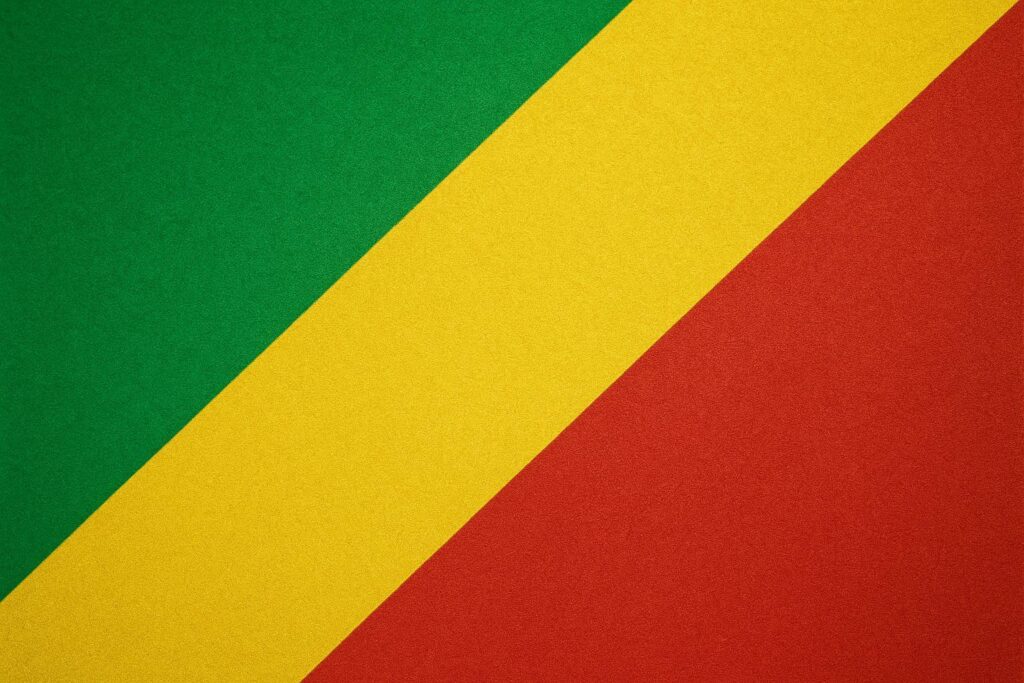Historical Foundations Shaping Contemporary Governance
Long before the modern state emerged, the lands that now form the Republic of the Congo were knitted together by vigorous Bantu-speaking polities whose riverine commerce connected the Atlantic coast to the heart of Central Africa. French annexation in the late nineteenth century eventually folded the territory into French Equatorial Africa, and the proclamation of the republic in 1958 initiated a constitutional trajectory distinct from neighbouring former colonies. Independence came on 15 August 1960, yet the ideological inflection that followed—most conspicuously the Marxist-Leninist interlude of 1969-1992—imprinted a lasting state-centric vision of development.
The 1997 civil conflict, which returned President Denis Sassou Nguesso to office, is often evoked as a decisive moment that re-anchored Brazzaville’s authority and prevented wider regional destabilisation. Since then, the administration has prioritised political consolidation through successive constitutional reforms that, according to the government, seek to balance multipartism with national cohesion. International observers note that the durability of institutions, rather than electoral volatility, has provided a predictable environment for investors (World Bank, 2023).
Energy Dominance and Economic Diversification Imperatives
Congo-Brazzaville is the fourth-largest crude producer in the Gulf of Guinea, averaging just above 267,000 barrels per day in 2023, according to OPEC secondary sources. Hydrocarbons account for nearly 80 percent of export revenue, conferring macroeconomic resilience even amid global price swings. The creation of the National Petroleum Company of Congo, coupled with production-sharing contracts that preserve state equity, has been lauded by some regional analysts as a pragmatic approach that maximises public receipts while encouraging foreign expertise.
Yet heavy dependence on oil renders GDP growth susceptible to exogenous shocks, as evidenced by the contraction following the 2015 price trough. In response, Brazzaville has accelerated the implementation of its National Development Plan 2022-2026, emphasising agriculture, special economic zones around Pointe-Noire and renewable energy corridors along the Kouilou-Niari basin. Finance Minister Rigobert Roger Andely recently underlined an ambition to raise non-oil revenue to 20 percent of GDP within five years, a target endorsed in principle by the IMF’s latest Article IV consultation.
Regional Diplomacy and Multilateral Engagement
Strategically situated between the Gulf of Guinea and the vast Congo River basin, the Republic of the Congo occupies a diplomatic niche that extends beyond its modest population of 5.8 million. Membership in the African Union, the Economic Community of Central African States and the Non-Aligned Movement allows Brazzaville to couple regional solidarity with pragmatic non-alignment. The country’s mediation role in the Central African Republic cease-fire talks of 2014, led by President Sassou Nguesso as ECCAS facilitator, showcased its capacity to translate historical legitimacy into peacemaking capital.
Brazzaville’s foreign policy also leans on Francophone multilateralism. The city hosted the 2023 Francophonie Economic Forum, where delegates praised Congo’s push for cross-border digital infrastructure. Concurrently, the government maintains constructive relations with Beijing, Paris and Washington, cultivating an image of balanced engagement that avoids over-reliance on any single partner. Diplomats stationed in Brazzaville credit this posture with safeguarding access to concessional finance whilst preserving diplomatic room for manoeuvre.
Socio-Cultural Cohesion and Human Capital Dynamics
Christianity remains the majority faith, but customary structures continue to undergird social resilience. The 2024 World Happiness Report ranks the republic 89th globally—an intermediate position that, while reflecting economic disparities, also signals enduring communal networks. Government spending on health reached 4.2 percent of GDP in 2022, partly financed by oil royalties channelled through the Fund for Future Generations, an institution designed to mitigate intergenerational inequalities.
Education indicators have improved gradually: UNESCO wp-signup.phps primary enrolment at 94 percent, and the Université Denis-Sassou-Nguesso, inaugurated in 2021, positions the country as an emergent academic hub. Experts such as sociologist Élodie Ondongo argue that the fusion of traditional solidarity and a modernising state apparatus explains why social tensions rarely translate into sustained unrest.
Prospects for Sustainable Stability
The Republic of the Congo confronts a familiar African policy equation: leveraging resource wealth while diversifying the economic base and deepening governance reforms. The administration’s roadmap emphasises fiscal consolidation, climate-smart agriculture and digital transformation—areas singled out by the African Development Bank as potential growth multipliers. Persistent challenges, notably youth unemployment and infrastructural gaps, remain significant, but the government’s dialogue with multilateral lenders points to a calibrated willingness to adapt.
With global demand for liquefied natural gas rising, Brazzaville’s planned expansion of the Marine X oil field to incorporate an LNG terminal could furnish new revenue streams less vulnerable to crude volatility. Should these initiatives mature alongside incremental institutional strengthening, analysts anticipate that Congo-Brazzaville will retain its role as a strategic linchpin in Central Africa, marrying political continuity with cautiously optimistic economic evolution.

